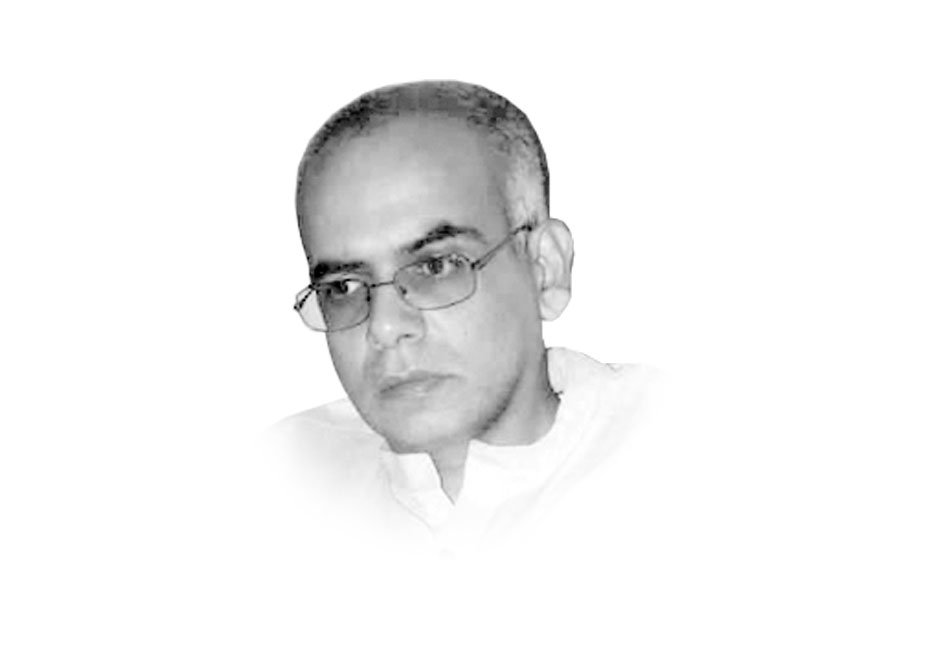
The roots of ethnic tensions in Sri Lanka can be traced back to the colonial legacy of divide and rule. The British favoured the Hindu Tamil minority in Sri Lanka to rule over the majority Buddhist Sinhalese. Post-independence efforts to empower the Sinhalese led to a reverse persecution of the Tamils, which is what happened in Rwanda once the Hutu majority got power, and began taking their resentment out against the Tutsis who had been the beneficiaries of colonial rule. While the persecution of the Tutsis led to the terrible Rwandan genocide perpetrated by the Hutus in the mid-1990s, the Sinhalese attempts to dominate the Tamils in Sri Lanka sparked a 25-year-long bloody civil war led by the Liberation Tigers of Tamil Eelam (LTTE).
India was dragged into this proacted conflict, eventually evoking the assassination of Rajiv Gandhi, the former prime minister, by a female Tamil Tiger suicide bomber. While the US and Britain played a lackluster role in bringing about a peaceful reconciliation between the Tamils and the Sinhalese, China and even Pakistan proactively supported the Sri Lankan government to militarily quash the LTTE, despite the immense human toll. While Mohan Rajapaksa lost a re-election bid in 2015 amid accusations of nepotism, corruption and wartime atrocities (associated with the defeat of the LTTE), government promises of reconciliation and rehabilitation of Tamil areas after the LTTE were crushed have not proven satisfactory.
Despite the defeat of the LTTE insurgency, ethnic and religious fault lines run deep in a multi-ethnic and multi-religious Sri Lanka today. Muslims make up nearly 10% of Sri Lanka’s 22 million people. About 12% of the population are Hindus, mostly from the ethnic Tamil minority, 7% are Christians, and the rest, Sinhalese Buddhists.
During the civil war, Muslims were also targeted by Tamil Tiger rebels. Their relations with the Sinhalese state were not very problematic. However, with the growing assertiveness of Sinhalese Buddhism, Muslims began feeling more pressured, especially as the LTTE threat was neutralised. It is curious, however, that the Easter bombing attacks primarily targeted Christians, alongside major luxury hotels frequented by foreign tourists. It seems that the local radicalism of the ethnic Muslim minority in Sri Lanka has come under the influence of global jihadist networks like the Islamic State. While the terrorists did not directly pick on the Sinhalese population, Buddhist monks have openly called for boycotting Muslims. Even the serving Finance Minister urged “true Buddhists” to unite against what he described as the “Talibanisation” of the religion.
Muslim ministers, who resigned earlier in May to protest the linking of their entire community with terrorism, have recently been sworn back in as ministers. The government is also trying to take note of hate speech and attacks against Muslims. Yet, the current Sirisena government is being dubbed too soft and the attempts to bring the Rajapaksa family back are gaining traction after the Easter bombings.
Sri Lanka should learn from its neighbouring countries’ descent into majoritarian ultra-nationalism. Sinhalese majoritarianism remains a problem and unless it is rolled back, achieving genuine reconciliation with the Tamils and preventing the growing friction with the Muslim minority will both prove difficult to achieve.
Published in The Express Tribune, October 11th, 2019.
Like Opinion & Editorial on Facebook, follow @ETOpEd on Twitter to receive all updates on all our daily pieces.
-(1)1717678110-0/Kendrick-(1)-(1)1717678110-0-405x300.webp)











COMMENTS
Comments are moderated and generally will be posted if they are on-topic and not abusive.
For more information, please see our Comments FAQ